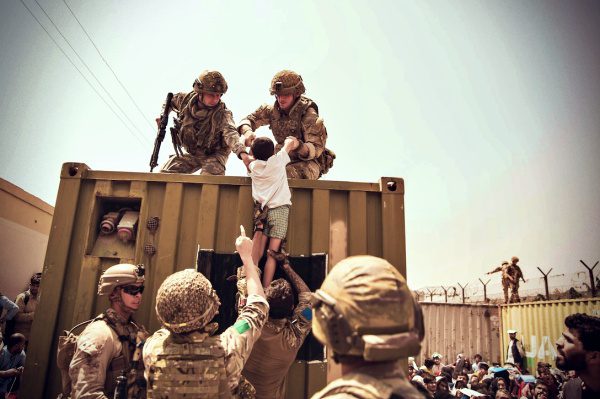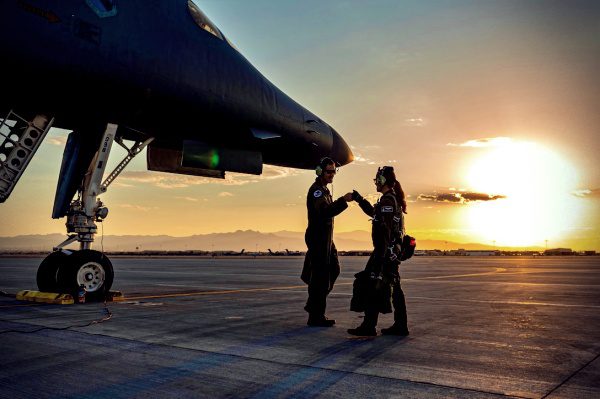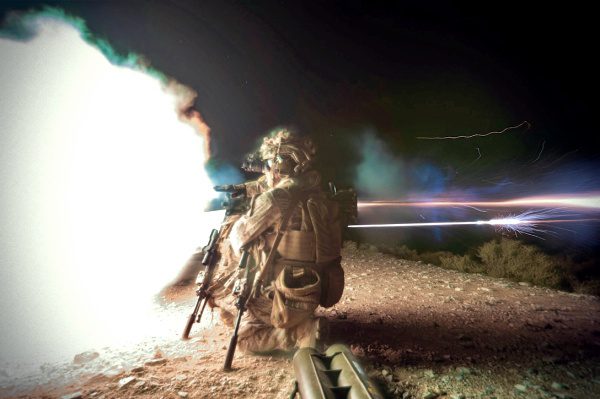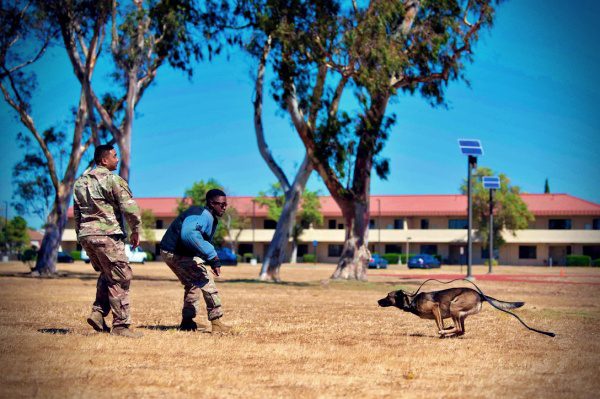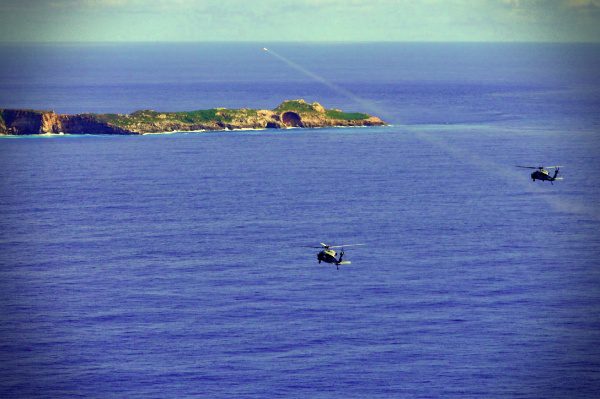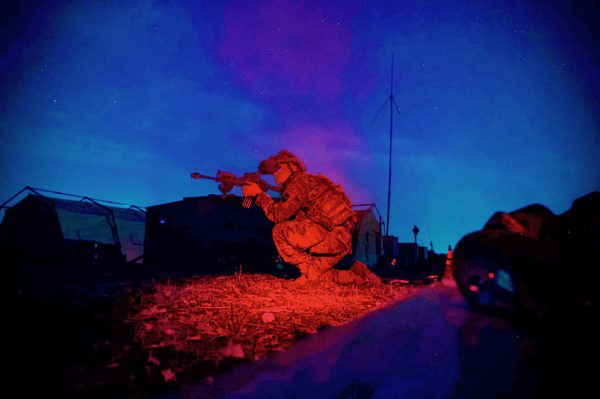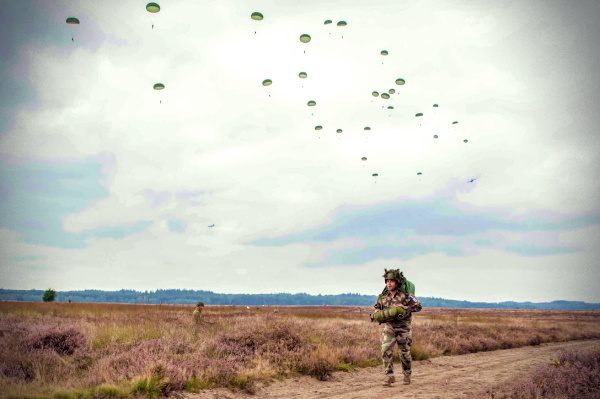If you spent time around flight lines, artillery, or engine rooms, the ringing in your ears or the muffled conversations may feel like a constant reminder of service. You are not alone. Hearing loss and tinnitus are among the most common service-related conditions, and many veterans are eligible for financial support.
This how-to guide explains military hearing damage compensation in clear, beginner-friendly steps. You will learn how eligibility works, what evidence you need, and how to link your condition to service. We will walk through the VA claims process from start to finish. You will see how audiology exams, disability ratings, and combined ratings affect your monthly payment. You will also find timelines to expect, how to avoid common mistakes, and what to do if your claim is denied or underrated. Finally, you will get practical tips for gathering records, preparing for your C&P exam, and strengthening your claim with statements and service documentation.
By the end, you will know exactly what to do next, where to find help, and how to pursue the compensation you have earned.
Understanding Military Hearing Loss Compensation
How hearing loss happens in service
Military hearing damage compensation starts with understanding exposure. Combat blasts, small-arms fire, mortars, and artillery can exceed 150 decibels, which can damage hair cells in milliseconds. Training ranges, engine rooms, flight decks, helicopters, jets, and armored vehicles create continuous or repetitive noise that compounds injury over time. These exposures commonly cause sensorineural hearing loss and tinnitus, which affect at least 1.5 million and 3.2 million veterans respectively. Early documentation of noise sources, dates, duty stations, and Military Occupational Specialty risk levels is the foundation of a strong claim.
Why defective Combat Arms Earplugs matter
Between 2003 and 2015, many service members used Dual-Ended Combat Arms Earplugs intended to block impulse and steady-state noise. Design problems, including a short stem that could loosen the seal, left wearers underprotected during gunfire and aircraft operations. The significance is legal and medical, it helps explain unexpected threshold shifts despite reported protection use. In 2023, the manufacturer agreed to a $6 billion settlement for injured service members, see 3M agrees to pay $6 billion to settle earplug lawsuits from US service members, and payments have begun, see 3M begins payments to service members in $6 billion earplug settlement. If you were issued these earplugs, save any proof of issue and list training or combat events when you relied on them.
Step by step: Prepare and file by the 31 July 2026 deadline
The Ministry of Defence has extended noise-induced hearing loss claim deadlines to 31 July 2026, see deadline for military hearing loss claims extended. 1) Gather prerequisites and materials, service records, audiograms, hearing conservation data, deployment orders, and witness statements. 2) Get a current audiology exam that includes pure-tone thresholds, speech discrimination, and a diagnosis linking noise exposure to your condition. 3) Obtain a nexus statement from a qualified clinician connecting your service noise or defective earplug exposure to hearing loss or tinnitus. 4) File the appropriate claim, VA, MOD scheme, or Defense Base Act for covered civilians, and track confirmations and deadlines. 5) Expect outcomes such as an initial rating, access to treatment, and possible back pay, and, if disputes arise, consult Gonzalez & Waddington to protect your record and consolidate evidence.
Prerequisites for Filing a Compensation Claim
Eligibility basics
Step 1, confirm a current diagnosis of hearing loss from a state licensed audiologist using Puretone Audiometry and Maryland CNC speech discrimination testing. Step 2, document an in service event or hazardous noise exposure, such as artillery, flight deck operations, armor units, or IED blasts. Step 3, secure a medical nexus opinion stating your condition is at least as likely as not related to service, the standard used by the VA. The scale of need is clear, about 1.5 million veterans are compensated for hearing loss and over 3.2 million for tinnitus. Many veterans also have additional time to file, with certain hearing loss claim deadlines extended to July 31, 2026. For a concise checklist of these elements, review this eligibility and documentation guidance.
Documentation you need
Gather a materials packet before filing. Include entrance and separation audiograms, any in service hearing conservations records, and recent audiology results. Add service records that show your MOS, duty stations, deployments, and incident reports tied to noise exposure. Collect lay or buddy statements describing the circumstances and onset of symptoms, and note post service occupational or recreational noise to address alternative causes. Request a detailed nexus letter from your audiologist that explains threshold shifts, symptom chronology, and why service exposure, not other factors, best explains your loss. These documents help the rater verify exposure, continuity, and medical linkage, which are prerequisites to military hearing damage compensation.
Establishing the service connection
Step 4, connect the dots with a clear narrative, for example, an artillery crewman with normal entrance hearing, measurable threshold shifts at separation, persistent tinnitus since 2012, and no significant post service noise. Step 5, prepare for the Compensation and Pension exam, bring your records and describe functional impacts like difficulty understanding speech in noise. Expected outcomes vary by severity, VA ratings range from 0 percent to 100 percent; for reference, a 10 percent rating is about $180.42 monthly and 100 percent is about $3,938.58 as of 2026, see VA rating examples for hearing loss and tinnitus. Because tinnitus rating rules may change by 2026, document symptoms thoroughly now. If your claim intersects with UCMJ issues or administrative actions, consult experienced counsel for strategic guidance.
Step-by-step Process to File a Hearing Loss Claim
Gather documentation and medical evidence
Build an evidence packet that proves a current diagnosis, an in-service noise event, and a medical nexus. Get a licensed audiologist exam with Puretone thresholds and Maryland CNC scores, then request a nexus letter stating your loss is at least as likely as not due to service. Add your DD-214, duty records showing hazardous-noise roles, any line of duty reports, military and civilian audiograms, and buddy statements describing exposures like artillery, flight decks, or IED blasts. If VA must obtain private records, include VA Form 21-4142 or download it via VA forms and authorizations; the expected outcome is a complete, verifiable file.
Complete and submit VA Form 21-526EZ
Use VA Form 21-526EZ, Application for Disability Compensation to file for military hearing damage compensation. In Section IV list bilateral hearing loss and, if applicable, tinnitus, explain the exposure, and give onset or aggravation dates; in Section V provide accurate service history, then add direct deposit details in Section VII and certify. Attach your evidence packet and any 21-4142 so VA can retrieve private records. Submit online for the fastest confirmation or mail to the Janesville WI Claims Intake Center; the expected outcome is an intake receipt and, typically, a Compensation and Pension exam request within weeks.
When legal guidance can strengthen your claim
Get legal help if your claim was denied, your audiograms conflict, your history includes blast TBI or ototoxic medications, or your case overlaps with MEB, PEB, or administrative actions. Timing matters, many programs allow filing through July 31, 2026, and the VA may revise tinnitus ratings by 2026, so build the record carefully and file promptly. With more than 1.5 million veterans compensated for hearing loss and over 3.2 million for tinnitus, adjudicators expect clear nexus opinions and credible exposure evidence. Experienced military counsel, including Gonzalez & Waddington, can coordinate expert statements, prepare sworn buddy declarations, and protect your career when evidence disputes intersect with UCMJ investigations or boards, leading to a stronger initial filing or a focused appeal.
How to Navigate the VA Disability Rating for Hearing Loss
Understanding how the VA calculates hearing loss is the foundation for military hearing damage compensation. The VA assigns a percentage using two tests by a state-licensed audiologist, Puretone thresholds and Maryland CNC speech scores, combined on a rating table to estimate loss of earning capacity. Prerequisites include a current exam that follows VA protocols without hearing aids and clear proof of in-service noise exposure. Materials needed include service treatment records, duty rosters, line of duty reports, and lay or buddy statements describing communication and safety issues. With 1.5 million veterans compensated for hearing loss and 3.2 million for tinnitus, precise evidence is essential.
Turn your evidence into a rating with clear steps. Step 1, request copies of your audiogram and Maryland CNC results and note each ear’s average decibel loss and speech score. Step 2, map those numbers to the VA tables so you can anticipate whether they align with 0, 10, 20, or higher percentages, speech discrimination of 88 percent or less often yields a higher level. Step 3, add a statement with real examples, missed radio calls, difficulty localizing sounds on patrol, or safety incidents. Expected outcome, a verifiable packet that supports the most accurate disability percentage and monthly compensation.
Plan around upcoming changes. The VA has proposed updates to auditory criteria, see VA proposes updates to the rating schedule for auditory conditions, and Congress is debating broader modernization, see House hearing on modernizing VA disability compensation. Independent summaries indicate tinnitus may lose its standalone 10 percent rating by 2026 and be paid only when linked to another condition, see 2026 VA disability rating changes overview. If tinnitus is your only condition, filing now can preserve benefits. Some hearing loss claim windows run through July 31, 2026, so track deadlines. Appeals roadmap, Step 1, choose Supplemental Claim, Higher-Level Review, or Board Appeal within one year. Step 2, add new evidence, a private Maryland CNC retest or a medical nexus, to strengthen your case.
Troubleshooting and Tips for a Successful Claim
Overcoming common challenges and pitfalls
Before you file, confirm prerequisites and gather materials. You need a current audiology diagnosis using puretone thresholds and Maryland CNC speech testing by a state-licensed audiologist in a sound-controlled setting, plus military records that show noise exposure, your MOS, and deployment history. Assemble personal and buddy statements that explain functional impact, such as difficulty understanding radio traffic or sleep disturbance from ringing. Many denials stem from noncompliant tests or thin evidence, so verify your exam meets VA standards and your packet clearly links exposure to symptoms. The claims window for many hearing cases has been extended to July 31, 2026, so use the time to strengthen evidence, but do not wait until the last minute. For additional documentation ideas on exposure and impact, see this practical overview of how to qualify for VA hearing loss benefits.
Handling denials and the appeals procedure
If you receive a denial or a low rating, read the decision letter to pinpoint gaps, then act within 12 months to protect retroactive pay. Step 1, request a Higher-Level Review if the issue is a clear error or misreading of existing evidence, expected outcome is a new decision without new evidence. Step 2, file a Supplemental Claim if you can add new and relevant proof, for example a compliant audiogram or detailed buddy statements, expected outcome is reconsideration with the added evidence. Step 3, pursue a Board Appeal to present your case to a Veterans Law Judge, expected outcome is a judge-reviewed decision with the option for a hearing. Track deadlines and keep a copy of everything you submit.
Utilizing expert resources for legal support
Hearing conditions are common, with roughly 1.5 million veterans compensated for hearing loss and about 3.2 million for tinnitus, which means adjudicators see many claims and expect precise evidence. Gonzalez & Waddington can help you avoid pitfalls that put your career and benefits at risk, coordinating expert audiology evaluations, organizing service records, and drafting clear impact statements. If your hearing issues intersect with UCMJ actions or administrative boards, their defense strategies can protect your record while your benefits claim proceeds. They can also help you choose the right appeal lane and prepare targeted submissions that address VA criteria. Staying proactive and supported increases your odds of a timely, favorable outcome.
Important Legal Aspects and Deadlines to Consider
UCMJ essentials for servicemembers
Military hearing damage compensation is easier to secure when you follow the rules that govern service life. The UCMJ and service regulations require prompt injury reporting to your chain of command and medical, truthful statements, and compliance with medical evaluations. Request a Line of Duty determination and preserve duty-limiting profiles, these records can later anchor your VA claim and any administrative board review. Be mindful that false official statements can trigger disciplinary action under the UCMJ, so keep documentation accurate and contemporaneous. If command action or an admin board intersects with your claim, consult defense counsel early to protect your record while your compensation case proceeds. With more than 1.5 million veterans compensated for hearing loss and 3.2 million for tinnitus, strong documentation is the norm, not the exception.
Defense Base Act implications for contractors
Civilian contractors overseas can seek wage loss and medical benefits for occupational hearing loss under the Defense Base Act. Coverage generally applies to employees working on U.S. bases or under U.S. contracts abroad. The DBA schedule awards up to 200 weeks for total loss in both ears and 52 weeks for one ear; see benefit details at this resource, Defense Base Act benefits and coverage. Deadlines matter, written notice to your employer is usually due within 30 days of awareness, and a formal claim with the U.S. Department of Labor is typically due within one year. Example, a contractor in Kuwait who notices persistent tinnitus after a blast should give written notice immediately and file well before the one year mark.
Step-by-step actions and deadlines
Prerequisites and materials:
- Service treatment records, hearing conservation logs, incident reports.
- Civilian or VA audiogram and tinnitus diagnosis.
- Proof of duty location and noise exposure.
- Report and document. File a sick call visit and incident memo the same day. Outcome, a dated record that supports nexus.
- Secure LOD and profiles. Ask your provider and commander for LOD paperwork. Outcome, official confirmation of service connection.
- Lock in your claim date. Submit an Intent to File with the VA to preserve the earliest effective date, helpful as VA rating changes for tinnitus are under review through 2026.
- File your claim. Attach audiology evidence and lay statements that show functional impact at work.
- Calendar key deadlines. Veterans should note the extended hearing loss claims window through July 31, 2026, and contractors should track the 30 day notice and one year filing rules.
- Prepare for appeals or boards. If an adverse admin action arises, coordinate your defense strategy with your compensation pathway so one does not undermine the other.
Concluding Thoughts on Pursuing Compensation for Hearing Loss
Understanding your rights and timelines
Military hearing damage compensation starts with knowing what you are entitled to after service noise exposure. Over 1.5 million veterans receive compensation for hearing loss and more than 3.2 million for tinnitus, underscoring how common and recognized these injuries are. Many claims windows have been extended, with certain hearing loss deadlines running through July 31, 2026, which gives you time to organize strong evidence. The VA is considering rating updates by 2026 that could change how tinnitus is compensated, so timely filing and thorough documentation matter. Civilian employees under U.S. military contracts abroad may also qualify under the Defense Base Act, which recognizes hearing loss as a compensable injury.
- Prerequisites and materials: current audiology diagnosis using Puretone thresholds and Maryland CNC; gather service records, hearing conservation data, deployment orders, incident reports, and buddy statements. Expected outcome: confirm eligibility and anchor your claim.
- Nexus evidence: obtain a clinician letter linking hearing loss or tinnitus to specific service noise exposures. Expected outcome: stronger service connection.
- File and track: submit before applicable deadlines, ask about Special Monthly Compensation for severe bilateral loss, monitor rating changes. Expected outcome: preserved effective date and optimized rating.
- Legal guidance: consult counsel versed in VA processes, UCMJ, and MEB or PEB. Expected outcome: coordinated appeals strategy and career protection.
Our commitment to defending your rights
Gonzalez & Waddington defend servicemembers worldwide, and we apply that same rigor to matters that intersect with hearing loss claims. We safeguard your statements, guide you through line-of-duty findings, administrative boards, and medical separations, and coordinate with medical experts so your record reflects accurate thresholds and functional impact. For example, a junior NCO with blast-related tinnitus facing administrative separation can benefit from counsel that compiles range logs, training schedules, and witness statements to protect benefits. Strategic defense can preserve rank, clearances, and future employment while your compensation claim proceeds. Our commitment is clear, defend your rights at every stage so you secure fair compensation and protect your career.
Conclusion
You now have a clear roadmap to pursue VA compensation for hearing loss and tinnitus. Remember the essentials: confirm eligibility and establish a strong nexus to service; gather the right evidence, including audiology results, service records, and credible statements; understand how exams, ratings, and combined ratings shape your monthly payment; avoid common pitfalls and know how to appeal if denied or underrated. Put this into action today. Collect your records, prepare for your C&P exam with notes on symptoms and daily impact, and submit a complete claim. If you need help, contact an accredited VSO or representative. You earned these benefits through your service. Take the next step with confidence, protect your hearing health, and secure the support you deserve.



